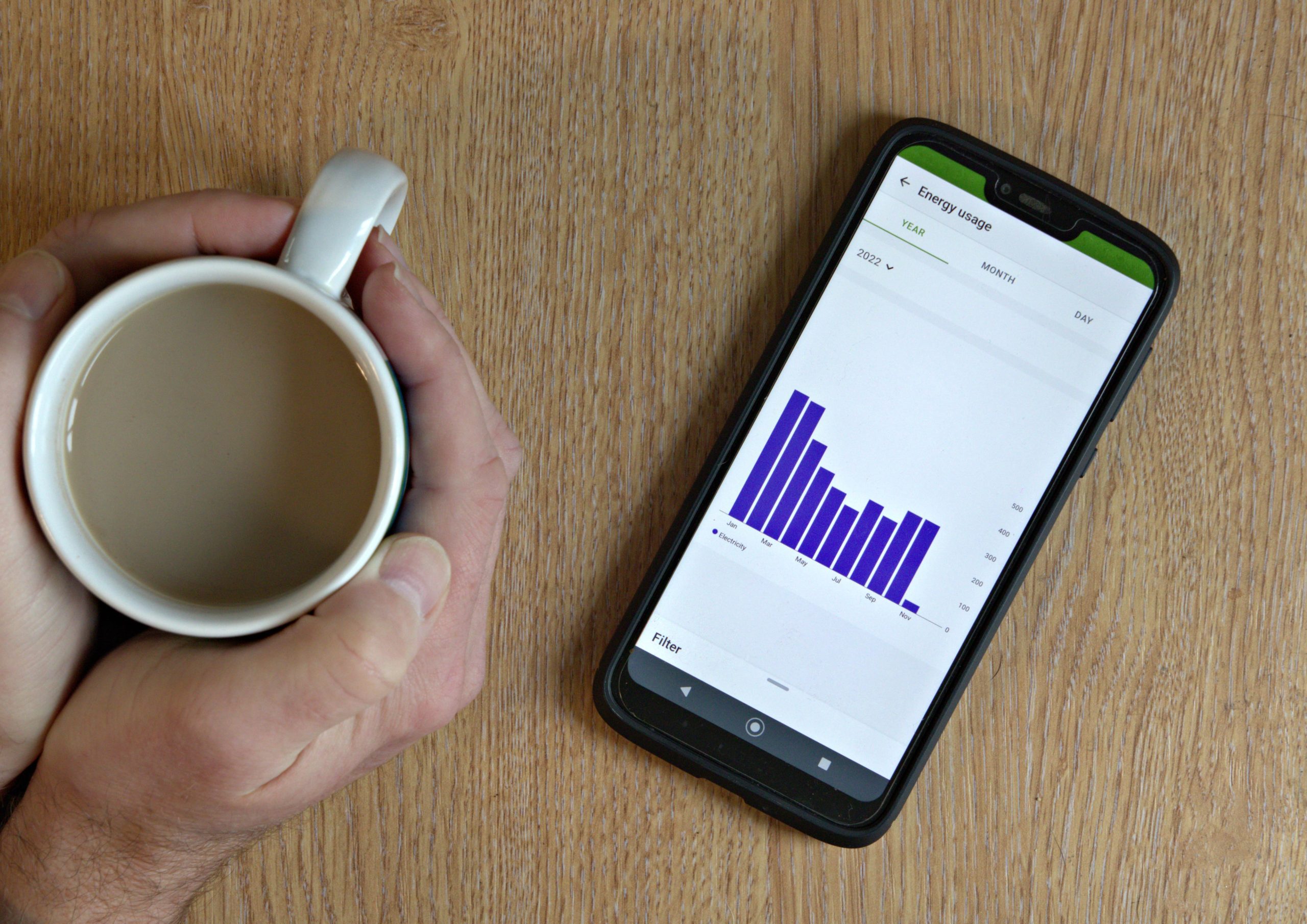
Bookkeeping Basics
Bookkeeping is an essential part of any business. It is the process of tracking and recording financial transactions and understanding how money flows in and out of the business. Keeping accurate and organised bookkeeping records is key to understanding the financial health of a business, making informed decisions and staying on top of financial obligations. […]
Read More